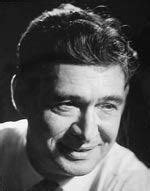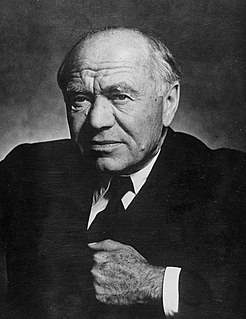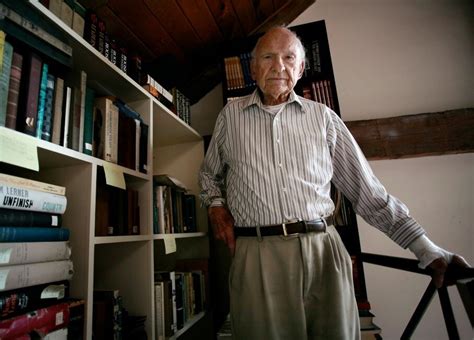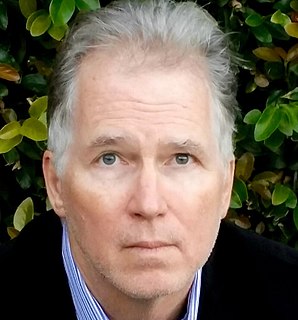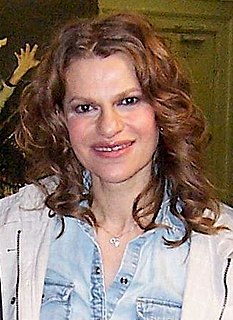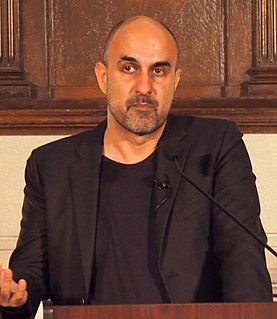Top 1200 Moral Judgment Quotes & Sayings
Explore popular Moral Judgment quotes.
Last updated on April 14, 2025.
"Judge not, that ye be not judge"... is an abdication of moral responsibility: it is a moral blank check one gives to others in exchange for a moral blank check one expects for oneself. There is no escape from the fact that men have to make choices; so long as men have to make choices, there is no escape from moral values; so long as moral values are at stake, no moral neutrality is possible. To abstain from condemning a torturer, is to become an accesory to the torture and murder of his victims. The moral principle to adopt... is: "Judge, and be prepared to be judged."
Our moral reasoning is plagued by two illusions. The first illusion can be called the wag-the-dog illusion: We believe that our own moral judgment (the dog) is driven by our own moral reasoning (the tail). The second illusion can be called the wag-theother-dog's-tail illusion: In a moral argument, we expect the successful rebuttal of an opponent's arguments to change the opponent's mind. Such a belief is like thinking that forcing a dog's tail to wag by moving it with your hand will make the dog happy.
Moral Injury is differentiated from PTSD in that it directly relates to guilt and shame veterans experience as a result of committing actions that go against their moral codes. Therapists who study and treat moral injury have found that no amount of medication can relieve the pain of trying to live with these moral burdens.
Real morality is not the product of fearing a spanking. But what does fundamentalist hell-belief encourage? It retards any developing moral judgment by freezing moral maturity right at the most primitive, most childish, stage: the fear of retribution-and fundamentalism threatens one hell of a spanking.
Why does everyone take for granted that we don't learn to grow arms, but rather, are designed to grow arms? Similarly, we should conclude that in the case of the development of moral systems; there's a biological endowment which in effect requires us to develop a system of moral judgment and a theory of justice, if you like, that in fact has detailed applicability over an enormous range.
But what of the voice and judgment of conscience? The difficulty is that we have a conscience behind our conscience, an intellectual one behind the moral. ... We can see quite well that our opinions of what is noble and good, our moral valuations, are powerful levers where action is concerned; but we must begin by refining these opinions and independently creating for ourselves new tables of values.
Human judgment of human actions is true and void , that is to say, first true and then void.... The judgment of the word is true, the judgment in itself is void.... Only he who is a party can really judge, but as a party he cannot judge. Hence it follows that there is no possibility of judgment in the world, only a glimmer of it.
One of the bigger mistakes of our time, I suppose, was preaching the demonization of all judgment without teaching how to judge righteously. We now live in an age where, apart from the inability to bear even good judgment when it so passes by, still everyone, inevitably, has a viral opinion (judgment) about everything and everyone, but little skill in good judgment as its verification or harness.
Kant regards the universalizability test for maxims as focused on a very special sort of situation: one where the agent is tempted to make an exception to a recognized duty out of self-preference. The universalizability test is supposed help the agent to see, in a particular case of moral judgment, that self-preference is not a satisfactory reason for exempting yourself from a duty you recognize. Kant thinks, as a matter of human nature, that this situation arises often enough and that we need a canon of judgment to guard against it.
If I were to speak your kind of language, I would say that man's only moral commandment is: Thou shalt think.
But a 'moral commandment' is a contradiction in terms. The moral is the chosen, not the forced; the understood, not the obeyed.
The moral is the rational, and reason accepts no commandments.
Let's just call things what they are. When a man's love of finery clouds his moral judgment, that is vanity. When he lets a demanding palate make his moral choices, that is gluttony. When he ascribes the divine will to his own whims, that is pride. And when he gets angry at being reminded of animal suffering that his own daily choices might help avoid, that is moral cowardice.
"Teachers"... treat students neither coercively nor instrumentally but as joint seekers of truth and of mutual actualization. They help students define moral values not by imposing their own moralities on them but by positing situations that pose hard moral choices and then encouraging conflict and debate. They seek to help students rise to higher stages of moral reasoning and hence to higher levels of principled judgment.
The Electoral College is a project that calls on their judgment. If we don't like it, we can talk about how to eliminate it. I'm not quite convinced we should eliminate it completely. I think it's important to have a final check be somebody other than the Supreme Court. But given that it's there, we should take it seriously. And taking it seriously says they should exercise their judgment according to the moral values, the principles that are part of our constitutional tradition today. And those principles say equality.
It seems to us that in intelligence there is a fundamental faculty, the alteration or the lack of which, is of the utmost importance for practical life. This faculty is judgment, otherwise called good sense, practical sense, initiative, the faculty of adapting one's self to circumstances. A person may be a moron or an imbecile if he is lacking in judgment; but with good judgment he can never be either. Indeed the rest of the intellectual faculties seem of little importance in comparison with judgment.
Indiscriminate tolerance and indiscriminate condemnation are not two opposites: they are two variants of the same evasion. To declare that “everybody is white” or “everybody is black” or “everybody is neither white nor black, but gray,” is not a moral judgment, but an escape from the responsibility of moral judgment.
Every day we make our way through a moral forest, along pathways ever branching. Often we get lost. When the array of paths before us is so perplexing that we can't make a choice, or won't, we can hope that we will be given a sign to guide us. A reliance on signs, however, can lead to the evasion of all moral obligations, and thus earn a terrible judgment.






















